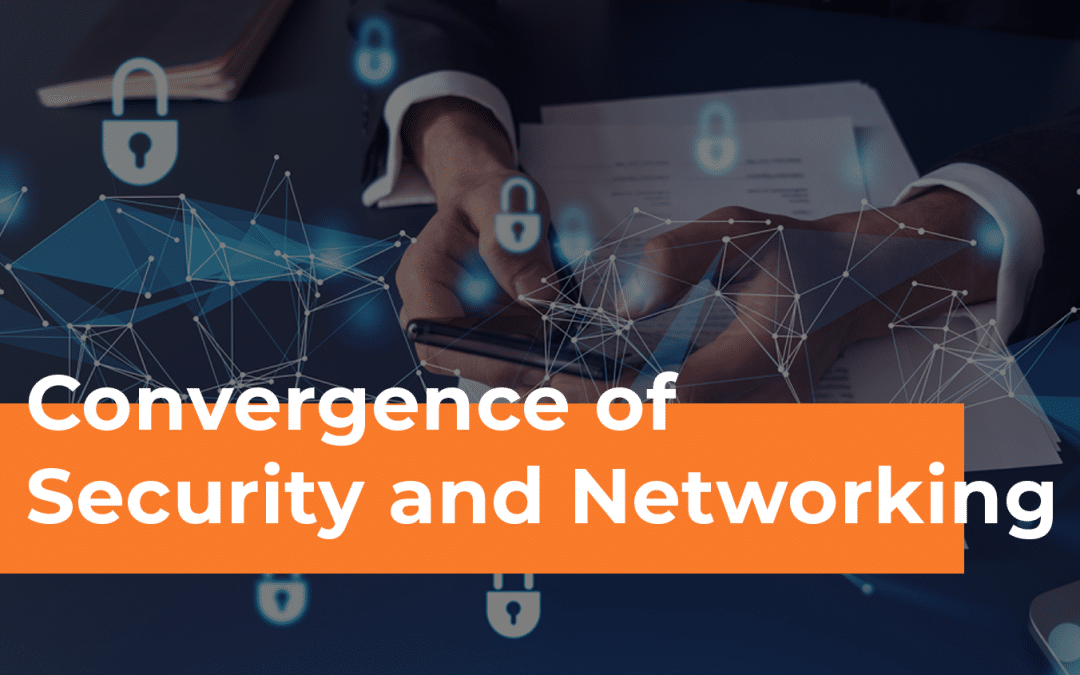In today’s rapidly evolving IT landscape, the lines between networking and security are becoming increasingly blurred. As companies continue to digitize, the need for seamless integration between these two pillars has never been more apparent. Cisco, a networking giant, has now positioned itself as a cybersecurity leader, signaling a shift that reflects broader industry trends. This convergence of security and networking is reshaping how organizations think about their infrastructure, driven in large part by leadership and technology changes within Cisco.
Cisco’s Leadership Shifts: A Move Toward Cybersecurity
Under the leadership of Jeetu Patel, Cisco is making bold moves that showcases its commitment to cybersecurity and represents a new era of integration. By consolidating security, collaboration, and networking under one leader, Cisco is signaling that security is no longer an add-on to networking—it is an inherent part of the architecture.
This shift was further emphasized with the departure of Jon Davidson, a former key player in Cisco’s networking business. The restructuring shows that Cisco is going all in on cybersecurity, integrating it deeply into its networking architecture, much like Google did with ad services to build an empire. Cisco’s strategic focus on melting security into the network demonstrates how well-positioned they are to lead the cybersecurity market, especially as companies seek comprehensive, integrated solutions.
The Technological Convergence: Hypershield, SASE, and SD-WAN
On the technology front, Cisco is pushing the boundaries with solutions that bridge the gap between networking and security. For instance, Cisco’s Hypershield brings AI-native security to data centers, reinforcing the company’s vision of a future where security is baked into the network infrastructure. Hypershield enables organizations to protect against threats without compromising speed or performance.
At the same time, SASE (Secure Access Service Edge) and SD-WAN are two other technologies playing pivotal roles in this convergence. By pushing security to the edge, Cisco ensures that enterprises can secure their operations regardless of where their employees or devices are located. This is particularly crucial in the era of hybrid work, where users need access to corporate resources from various locations without compromising security. The marriage of SSE (Secure Services Edge) and SD-WAN in Cisco’s offerings shows how the network edge has become the new security frontier.
Operations Convergence: NOC and SOC Working Together
On the operational side, the convergence of Network Operations Centers (NOC) and Security Operations Centers (SOC) is another major trend driven by Cisco’s strategy. By integrating these two historically siloed functions, organizations can benefit from enhanced automation and streamlined workflows. Automated playbooks can now span both networking and security tasks, allowing for faster response times and reducing human error. NOC and SOC teams working closely together can help organizations detect, respond to, and mitigate threats in real-time, improving both performance and security posture.
IT and Networking Teams: A Closer Partnership
From a leadership and management standpoint, Cisco is fostering closer collaboration between IT teams and networking teams, reshaping how organizations structure their internal operations. With security rolling up to networking, Cisco is helping CIOs and IT managers break down silos that previously hindered efficiency and ensuring that security is no longer treated as an afterthought but as a core function of the network.
A Future Defined by Convergence
Cisco’s strategic moves highlight a larger trend in the IT space—the convergence of security and networking. By bringing these two critical functions together under unified leadership and integrating them across technology and operations, Cisco is positioning itself to lead the charge in the next phase of IT infrastructure.
As organizations continue to digitize and embrace cloud-first strategies, this convergence will become even more critical. Cisco’s efforts in this space are setting the stage for a new era of secure, scalable, and efficient network architectures.
Latest From Our Blog
From Alerts to Action: How mXDR Delivers Better Business Outcomes
The cybersecurity landscape is evolving at an unprecedented pace, driven by the increasing sophistication of cyber threats and the growing need for integrated, proactive defense mechanisms. As organizations grapple with security challenges, vendors are racing to...
Cybersecurity at the Boardroom Table
The cybersecurity landscape is evolving at an unprecedented pace, driven by the increasing sophistication of cyber threats and the growing reliance on digital infrastructure. No longer confined to IT departments, cybersecurity has become a fundamental business...
XDR + Splunk – A Match Made in the SOC
Fall Back in Love With Your SIEM The cybersecurity industry is witnessing another evolutionary shift right before our eyes. Back in 2015, when I first witnessed the strategic merger of Cisco and OpenDNS, we talked about the "Match Made in the Clouds." Today, amidst...





Recent Comments